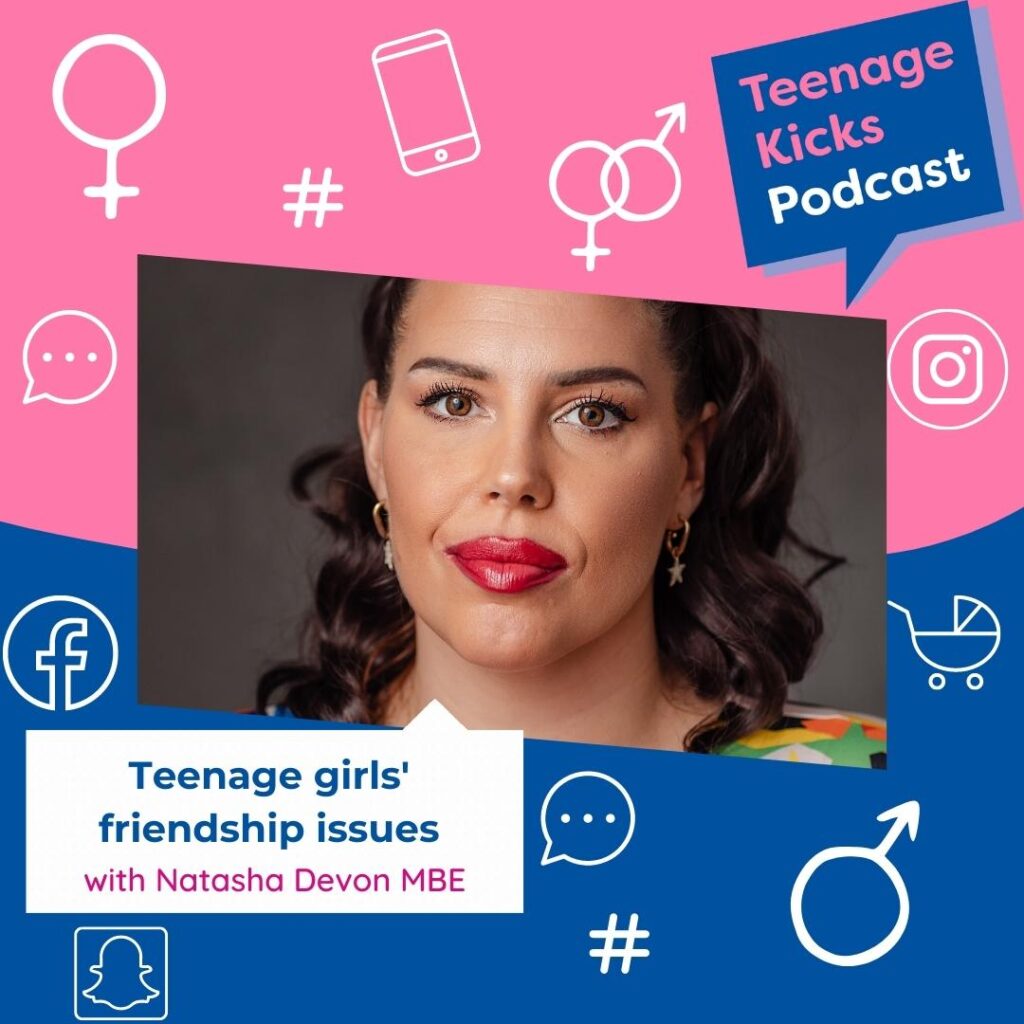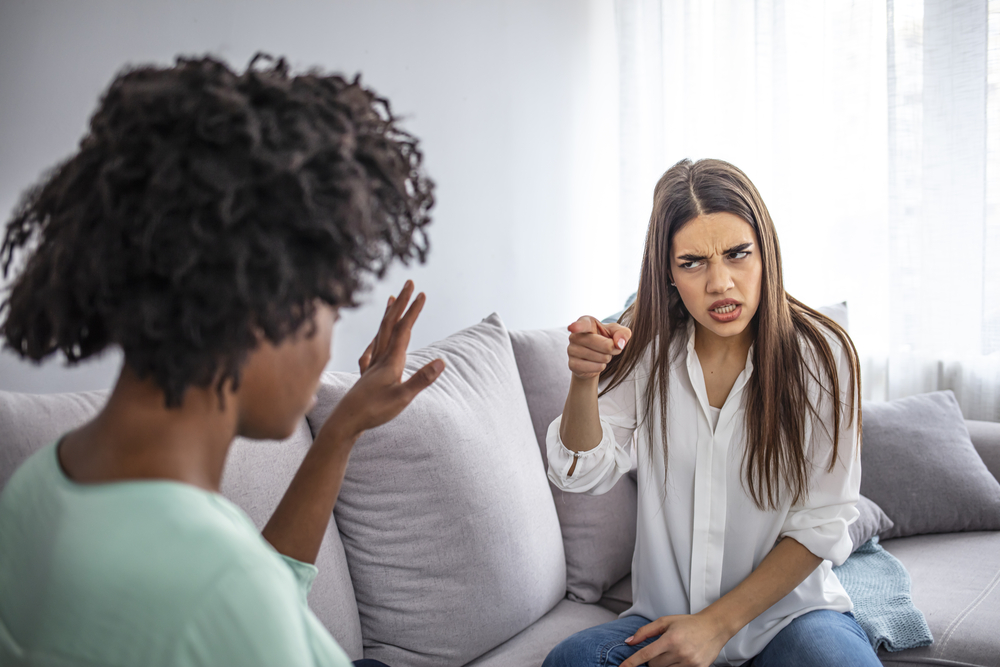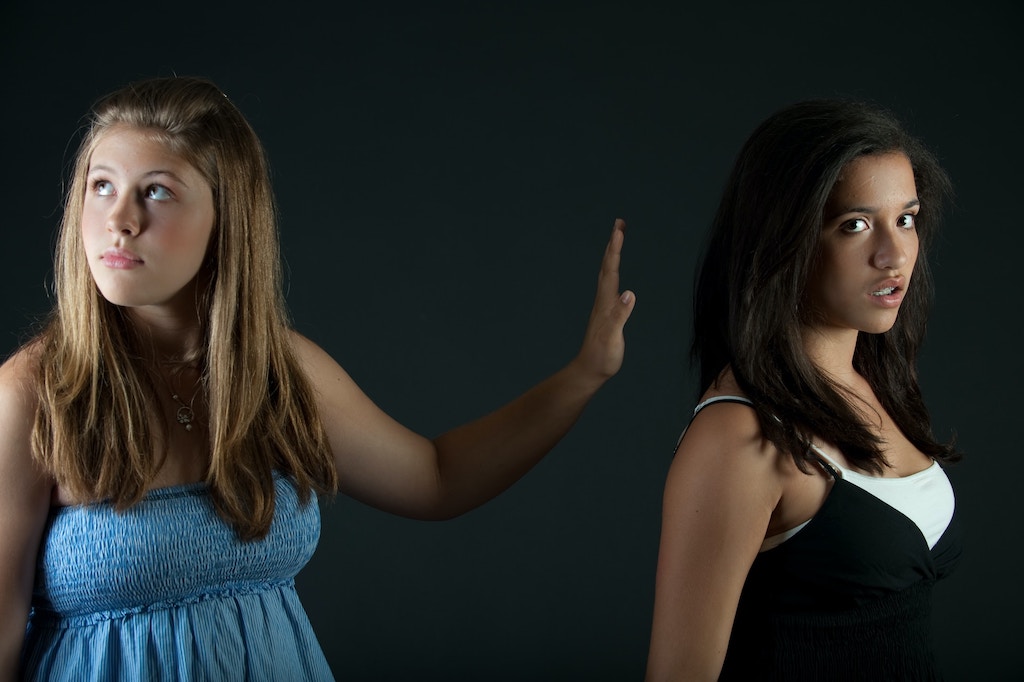In the latest episode of the Teenage Kicks podcast I talk to Natasha Devon, MBE, about teen girl friendship issues. Teenage girls don’t grow out of problems with their friends as early as we’d like them to, but they do grow out of us being able to fix fallouts for them with a playdate or a sleepover. Put simply, when they’re teenagers, it gets even messier. Add social media, and the permanent ability to stay connected via Snapchat and Whatsapp, and our teenage daughters need a lot of resilience to navigate the sometimes destructive arena of their social lives.
Listen to the podcast:
View on Zencastr
Writer, presenter and activist, Natasha tours schools in the UK and beyond, delivering talks and conducting research on mental health, body image, gender and equality. From her experiences of what teenage girls talk about with her, she’s written a YA novel which examines friendship problems in the context of coercive control. Toxic* is a brilliant read for teenage girls and parents alike, and food for thought for girls struggling to know how to approach friendships that feel a bit rocky at times. (*Affiliate link.)

What is coercive control?
Coercive control is a term most often used in romantic relationships with an element of abuse. As parents of teenage girls, we might be worried about coercive control when a new boyfriend hits the scene and our child’s behaviour starts to change, usually to suit his preferences. The media has highlighted this as a form of domestic abuse, in high profile cases like Sally Challen’s in the UK. It was recognised in law in 2015.
However, it isn’t restricted to romantic relationships. Essentially, coercive control is a pattern of controlling or manipulative behaviours within any relationship, including friendships, and other familial relationships.
Why coercive control might be a factor in your daughter’s friendships
In 2019, changes were made to the sex and relationships educational curriculum, to teach teenagers about codependency, relationship red flags, coercive control and emotional abuse in the context of romantic relationships. Natasha says, though, that teenage girls were talking to her about feeling manipulated by their best friends, and asking for her advice around that.
In this episode Natasha explains that, and offers some tips for how to help our daughters navigate their friendships when they’re not going as well as they could be.
What interested me most was that the ‘toxic’ character in Natasha’s novel wasn’t a bad person; she just had her own insecurities and fears that led her to unhealthy coping mechanisms with her friends. Natasha says that was deliberate. In her work with teenagers she sees the fragility behind the bravado, and understands that none of our teenagers are really equipped with the emotional maturity to empathise and support each other.

We discuss all this, plus disordered eating, anxiety disorders and panic attacks, which Natasha includes in her book, along with tips on how to recognise and manage these situations.
Tips for helping your teenage daughter deal with friendship issues
1. Get them to think hard about what friendship really is
The old expression “A friend in need is a friend indeed” is not a good barometer for a friendship, Natasha says. It’s easy to be there for a friend when they’re low, because we’re all keen to be needed. But the true indicator of a good friend is someone who can be there for you when you’re flying high too. If a friend only makes you feel good when you’re having a hard time, and the balance of power is tipped in her favour, things may not be as healthy as they think they are. If her friends can also be her cheerleaders without showing jealousy, that’s a sign that their friendships are in a good place.
2. Encourage your daughter to think about putting her own needs first
Often, teenagers default to the group where they feel they fit. It’s totally normal and instinctive. In caveman times, this would have been a valid survival mechanism. But sometimes fitting in with that group requires changing who they are and what they care about. Keep validating her for who she truly is, and remind her that she’s valuable as she is. The hard truth is that if that doesn’t work for her friends, they’re not really her friends. She may not want to face that yet, but keep having her back until she’s able to.

3. Help her realise that BFF forever isn’t the law
During the course of our lives, we will have multiple close friends. The idea of a ‘Best Friend’ is actually quite toxic – it can imply ownership and might set girls up for coercive control in their friendships. Natasha’s book highlights the concept that some of our friends might be friends for a reason or a season. We have friends that get us through a specific period in our lives, or who we get humour, emotional support, or artistic connection from. The point is, when something goes wrong in a friendship, it doesn’t have to be the end of the world. It might recover, or you might learn something about yourself and move on. And that’s okay.
Natasha also makes a very good point that it’s not just girls who still have friendship issues as teenagers; boys have problems too, but these manifest as micro-agressions in the form of banter. I’m curious to know, when is banter not banter any more? That will be a subject matter for a future post.
Who is Natasha Devon, MBE?
Natasha presents on LBC (one of Britain’s most popular speech radio stations) every Saturday, and writes regularly for newspapers and magazines.
In her charity work Natasha supports people coping with anxiety disorders, online abuse, eating disorders, and talks regularly about gender issues, all of which – as we know – affect all of our teenagers to some extent throughout their young adult years.
Author of titles like A beginner’s Guide to being Mental and You can Ace School Without Losing Your Mind, Natasha speaks directly to young people.
Find out more about Natasha on her website, natashadevon.com and follow her on Instagram.
*Post contains affiliate links.
Listen to the podcast
View on Zencastr
Subscribe to the Teenage Kicks podcast
Thank you so much for listening! I really appreciate every listener, and would love you to subscribe and leave a review wherever you get your podcasts. And don’t forget to explore previous episodes that might be of interest to you or a friend – including losing a parent, being hospitalised with mental health problems, and battling an eating disorder.
I’d love to hear from you if you have any suggestions for future topics on the Teenage Kicks podcast. Contact me here, or you can find me on Instagram and Twitter at @iamhelenwills. I appreciate every message, and love to hear from my listeners.
For information on your data privacy please visit Zencastr. Please note that I am not a medical expert, and nothing in this blog or in the podcast should be taken as medical advice. If you’re worried about a young person please seek support from a medical professional.
Join me in the Teenage Kicks Facebook group!
If you’re a parent of teens it can be difficult to know where to go for advice, to vent, or just to talk. So I’ve made the Teenage Kicks Facebook group, for all parents of teenagers to chat in a safe space. It’s a private group and everyone in there will be a parent of teenagers.

